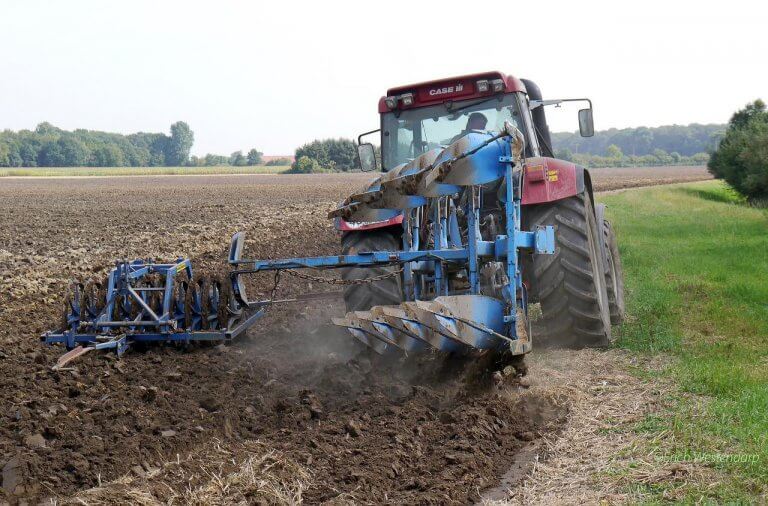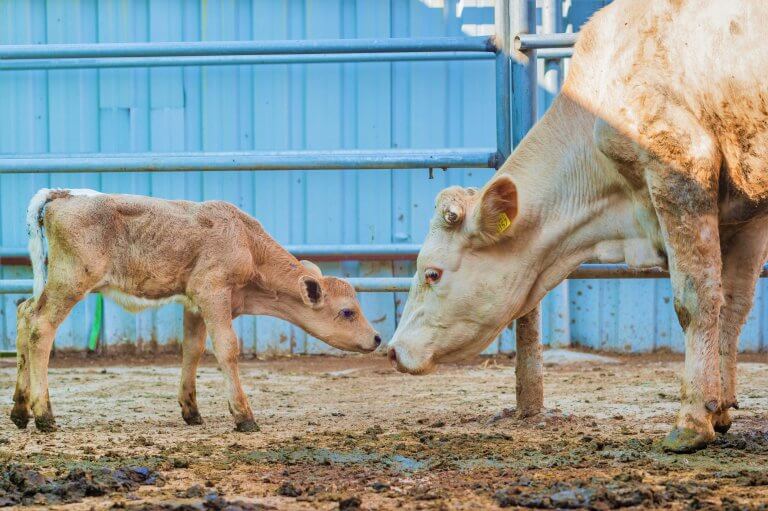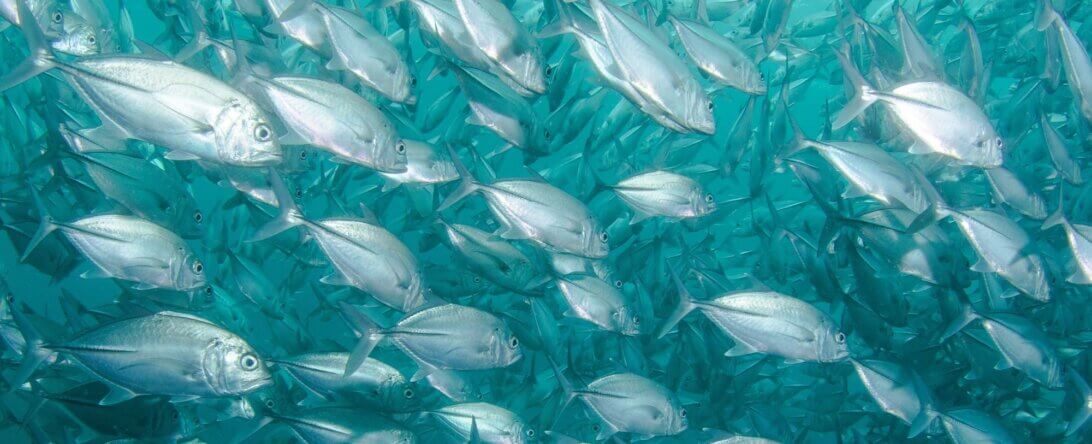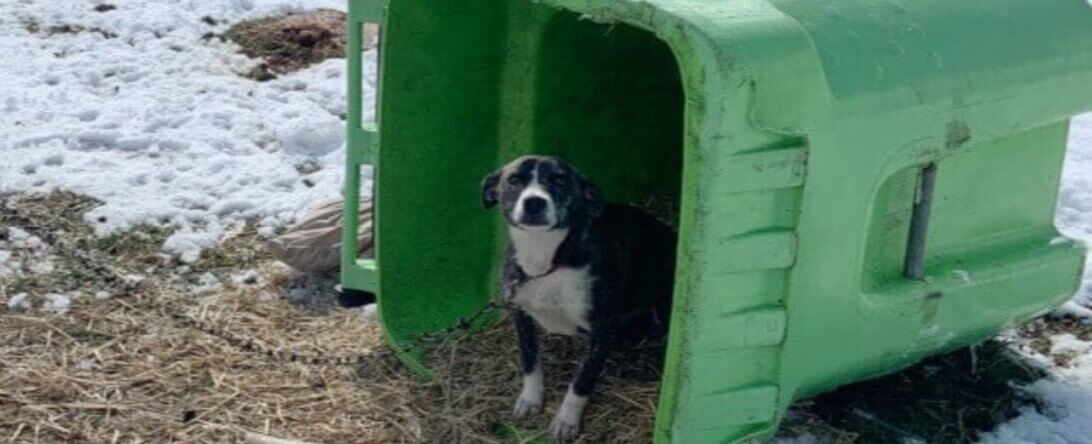What Does ‘Sustainable’ Animal Agriculture Really Mean?
Have you ever heard terms like “regenerative” or “sustainable” being used to describe animal agriculture or meat? 🤔 Some companies put these buzzwords on labels to make their animal-derived foods seem more eco-friendly. But we’ll keep it 💯: Going vegan is the only sustainable solution. Period. 🌱
What Do These Labels Mean?
“Regenerative” agriculture is all about farming practices that try to release as little greenhouse gas as possible. Plowing, overgrazing, and other traditional farming practices destroy the soil and release a lot of carbon into the air. 🏭
So “regenerative” agriculture focuses on rebuilding organic matter—like revitalizing soil to keep growing crops—and some brands use that word to try and market their animal-derived foods as sustainable. (You’ll read why that’s total B.S. in a sec. 🙄).

Since typical meat-production practices are devastating to the environment, some brands and companies say their meat is “sustainable” or “local.” 😒 They want to rake in as much profit as possible by calling their methods “green” or boasting that the animals were killed close to your area … which isn’t the flex they think it is. 🤦♀️
Why Are These Labels Cap?
There is zero proof that “regenerative” animal agriculture or “sustainable” meat practices can make animal-derived foods eco-friendly. 🙅 Here’s the thing: Animal agriculture is never sustainable. No matter how you measure it, nonvegan foods have a much bigger carbon footprint than vegan ones. 😲
Studies even show that the most “carbon-friendly” beef production still emits more than twice as much greenhouse gas as the least carbon-friendly tofu, bean, pea, or nut production. 😶 This reality doesn’t change based on what organic matter is built or where production takes place—making “regenerative,” “sustainable,” or “local” labels on animal-derived foods meaningless. 💁
What About the Animals?
So the labels are bogus when it comes to sustainability—but what about animals’ well-being? 🐮🐔🐷 We’ll be blunt: Labels do nothing to prevent widespread cruelty in the animal agriculture industry.
Animals used for meat are still slaughtered at a few months old, chickens used for eggs are still crammed into filthy sheds, and cows used for milk are still torn away from their beloved babies—regardless of any “ethical,” “humane,” or “cage-free” labels. 😱

The only humane and sustainable solution is to go vegan. 🌱💪 Choosing not to eat animal-derived foods saves hundreds of animals’ lives and thousands of pounds of carbon dioxide every 👏 single 👏 year 👏. Order our free “Guide to Going Vegan” for a helping hand—we have the recipes, tips, and tricks you need to make this lifesaving and eco-friendly choice. 🙌
*****
The more you share the vegan message, the bigger the impact you make on animals’ lives and the planet’s health. 🌎 Spread the word to your social media followers to help save animals and the environment—and earn 15 peta2 points in our Rewards Program.
Text peta2 to 30933 for ways to help animals, tips on compassionate living, and more!

Terms for automated texts/calls from peta2: http://peta.vg/txt. Text STOP to end, HELP for more info. Msg/data rates may apply. U.S. only.




